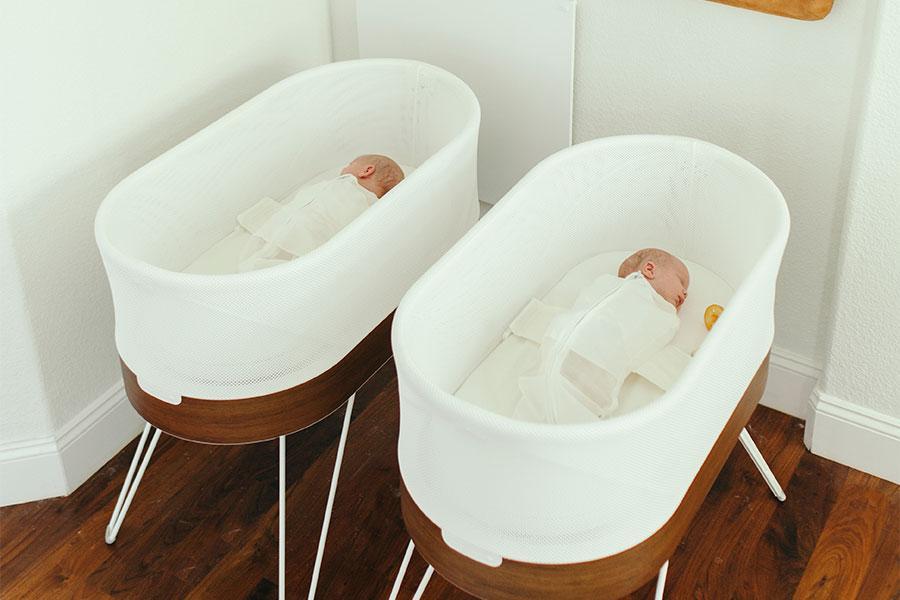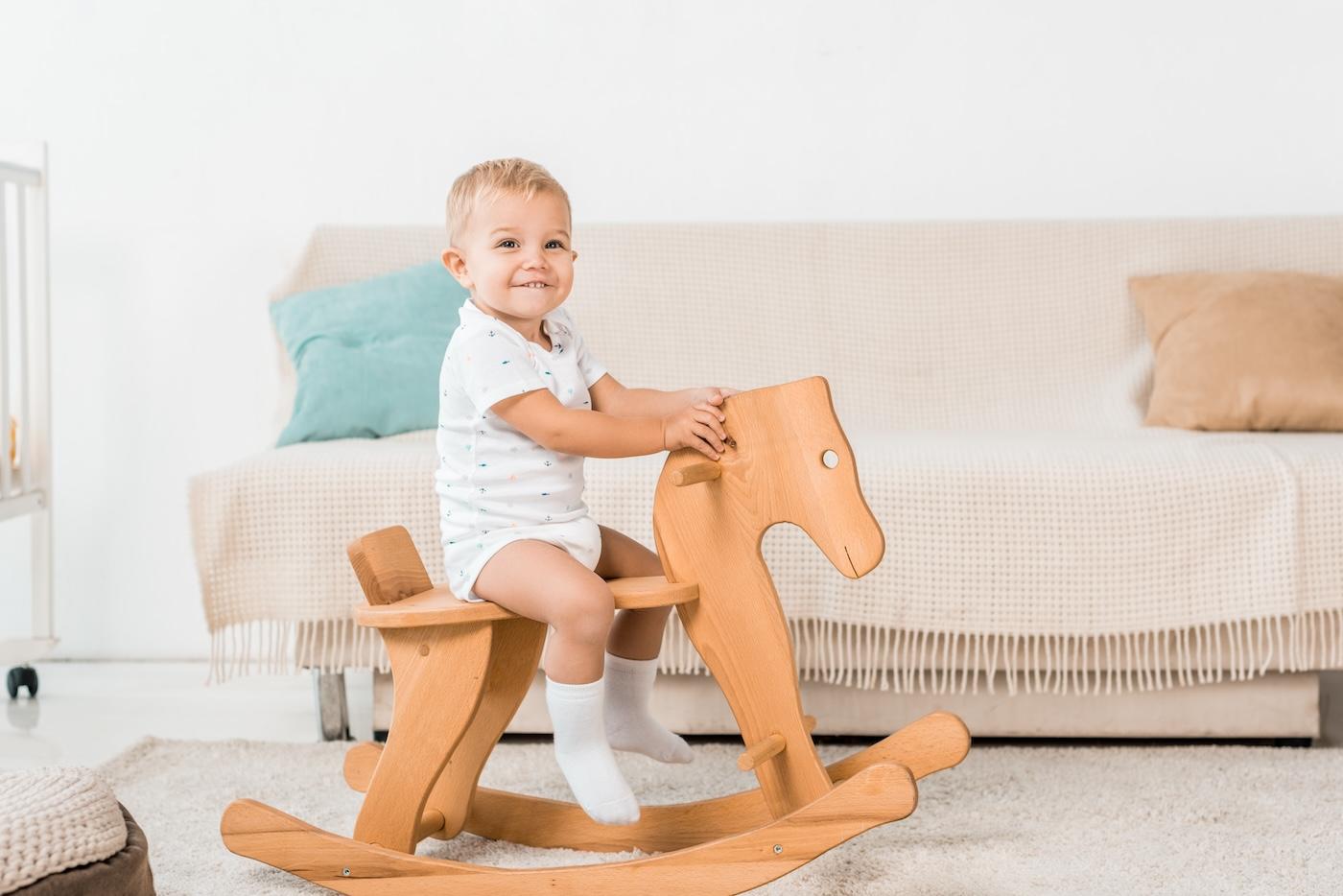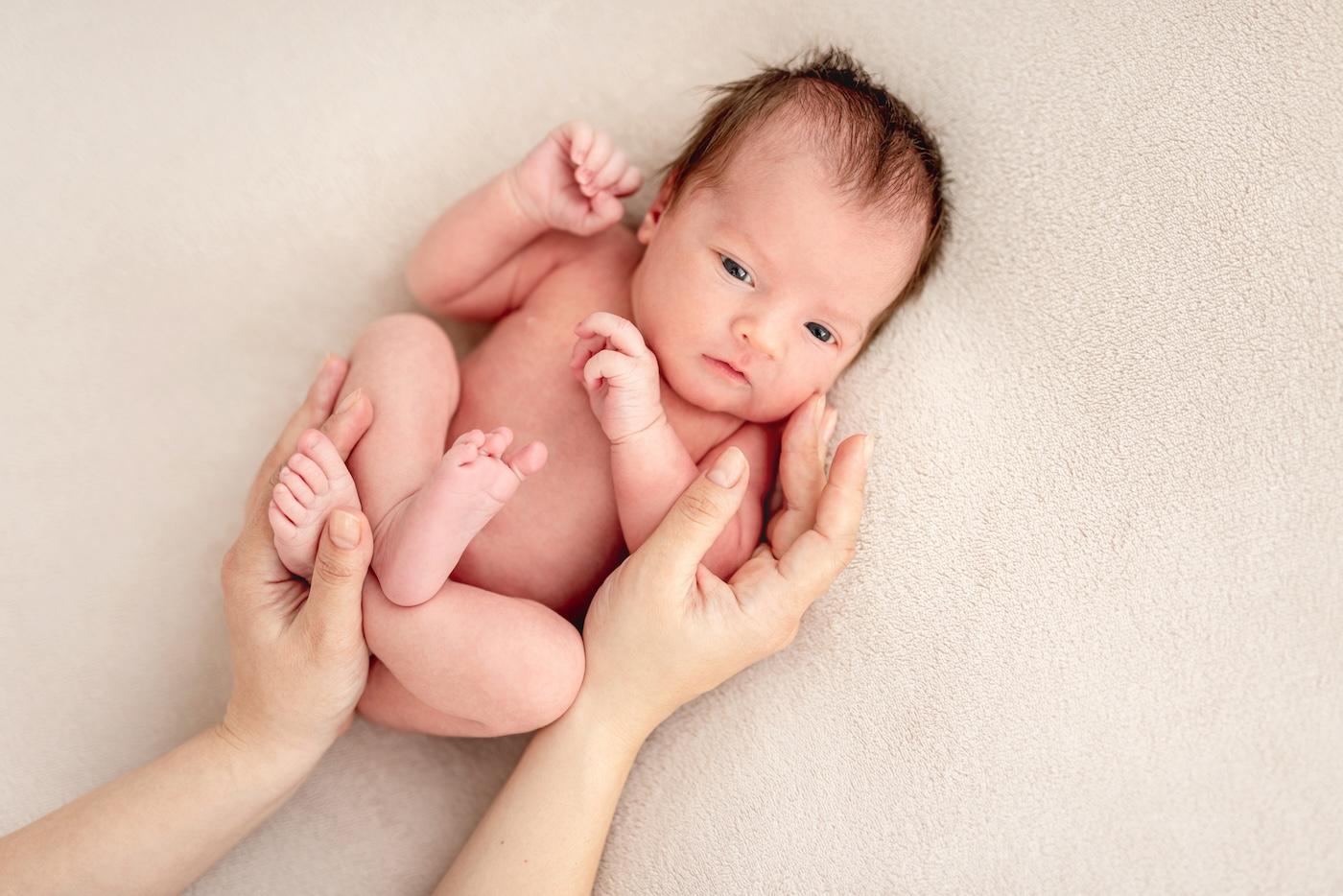BABY
Better Sleep Tips for Twin Babies
Caring for multiples isn't easy...making it tough to get sleep (or even pee!)

Written by
Dr. Harvey Karp

As you might imagine, twin baby care isn't easy. And that makes it tough to get enough sleep. (Or even to pee!) Researchers from Case Western Reserve found that moms of twins slept only 6.2 hours a night during the first months. And it was even worse for their husbands who clocked in a measly 5.8 hours in an entire day.
Sleep Tips for Twin Babies
If you have twins–or more–here’s how to boost your babies’ sleep…and yours:
- Use swaddling and white noise for all sleeping and fussy periods.
- Put your babies on a flexible schedule.
- Use the wake-and-sleep technique to help your babies learn to self-soothe.
- After you feed one baby, wake the other to eat, too.
- Nap when you can!
- Ask for help! family, friends, and babysitters can give you little breaks…so you don’t break.
- Get your babies–and all caregivers and family members–immunized.
- Use a smart sleeper.
Note: If you have babies sleep in the same crib, make sure they’re properly swaddled… and don’t do it past the first month. A British study videotaping sixty pairs of sleeping twins from newborn to five months found that twins sleeping side by side occasionally covered each other’s face with a free arm! This caused mild breathing problems (lowered oxygen) and required the affected twin to awaken and turn her head or push her sibling’s arm away. (Obviously, they weren’t swaddled.)
Disclaimer: The information on our site is NOT medical advice for any specific person or condition. It is only meant as general information. If you have any medical questions and concerns about your child or yourself, please contact your health provider. Breastmilk is the best source of nutrition for babies. It is important that, in preparation for and during breastfeeding, mothers eat a healthy, balanced diet. Combined breast- and bottle-feeding in the first weeks of life may reduce the supply of a mother's breastmilk and reversing the decision not to breastfeed is difficult. If you do decide to use infant formula, you should follow instructions carefully.
SHARE THIS ARTICLE
PARENT PICKS
Bestsellers



















